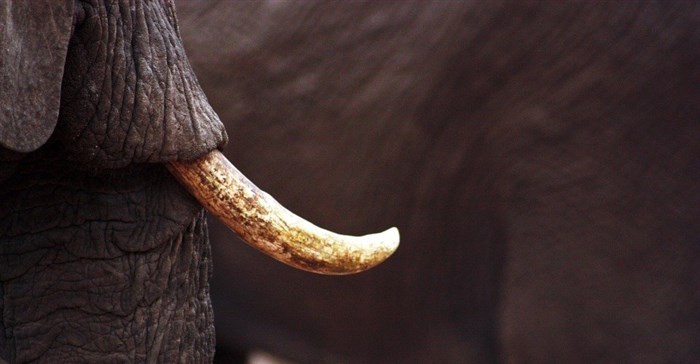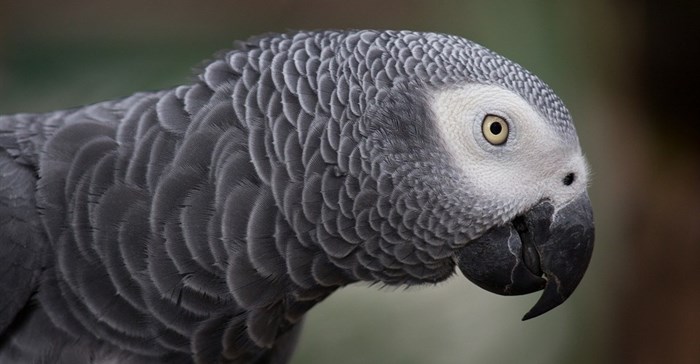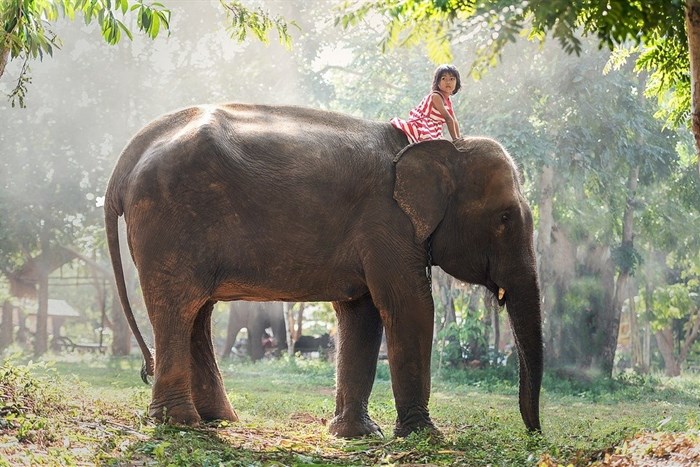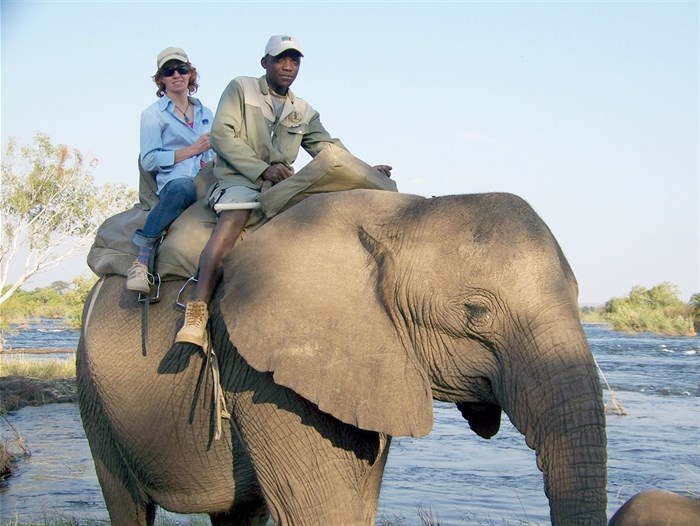
Top stories






More news













China to ban ivory sales in 2017
While this is only being implemented towards the end of 2017, China plans to ban all domestic ivory trade in the country. Ivory is a status symbol in China and prices can reach up to $1,100 (£890) for a kilo. According to conservationists, about 20,000 elephants were killed in 2016 just to satiate the demand for ivory horn. Here’s hoping this new legislation will curb the trade in the next year.

The African Grey parrot is one of the most trafficked birds on earth. The Convention on International Trade in Endangered Species (CITES) voted to ban the global commercial trade of the parrot. According to Dr Colman O'Criodain of WWF it's "a huge step forward" in protecting the bird.
"Fraud and corruption have enabled traffickers to vastly exceed current quotas and continue to harvest unsustainable numbers of African grey parrots from Congo's forests to feed the illegal trade," O'Criodain said.

Similar in appearance to an artichoke or a small dragon, the pangolin has finally made it onto the most protected species list. Sadly, it’s one of the most trafficked animals in the world for its meat and healing properties for Chinese medicine. All eight species of pangolins have been moved to Appendix I of CITES which aims to protect animals around the world.
The travel review website TripAdvisor will not be showcasing any suppliers who run unsustainable animal activities. Elephant rides, swim-with-dolphin experiences, and attractions that allow visitors to pet lions and other exotic animals are no longer going to feature on the website. The London-based animal welfare group World Animal Protection campaigned against TripAdvisor and gained attention with the help of National Geographic’s Wildlife Watch.

The United States has passed a law that the import of lion trophies taken from captive lion populations in South Africa is no longer allowed. According to CITES, US hunters have imported 2,582 lion trophies from South Africa, accounting for 55% of all South African trophy exports between 2010 and 2014. In order to get a permit, exporting nations like South Africa must provide clear evidence showing a benefit to conservation.
The new law in the UAE forbids any person to deal or own any type of wild, domesticated and dangerous animals. In October 2016, a video of five Bengal tigers swimming at the beach near the Burj Khalifa was filmed and went viral. Wild cats, including cheetahs, can now only be kept in zoos or rehabilitation centres.

December last year was a good month for elephants. Botswana, who was one of the first countries in Southern Africa to ban hunting safaris years ago, has taken another positive step and banned all elephant back rides in the country. These activities harm elephants and lead to deformations and pain for these giant creatures.

In 2017, I’m hoping that some African countries that have been criticised for being “notoriously ineffectual in enforcing legislation” like Mozambique will step up and make changes that protect wildlife.
